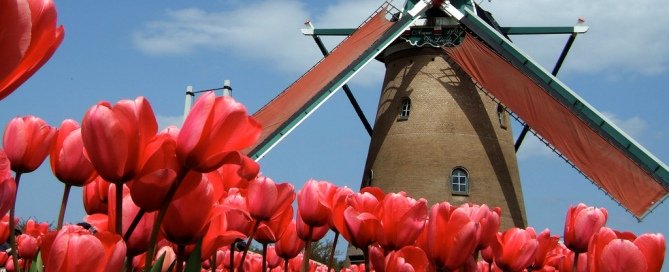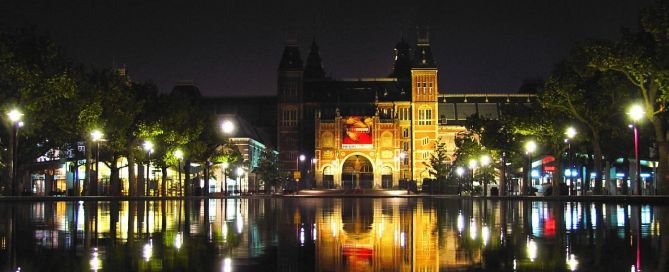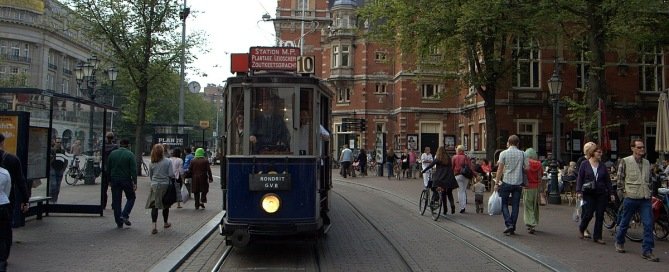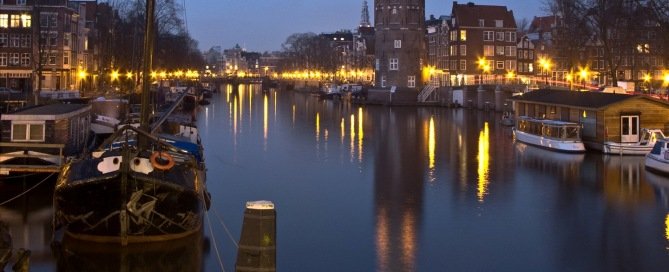Guide to Netherlands
Quick Facts
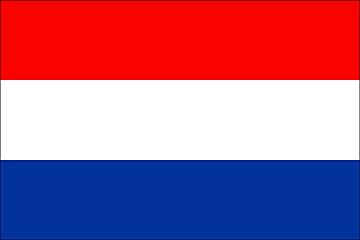
Population: 16 million
Major Language: Dutch
Currency: Euro
Calling Code: +31
Germanic tribes, Batavians and Frisians first inhabited the region that is now the Netherlands. The Dutch revolt of 1558 unified the seven northern Dutch provinces into a single republic following invasion by the Romans, Franks, Austrians and Spanish.Two centuries later, the Netherlands experienced a golden era when it became a colonial power and arts blossomed under the brush of Old Masters such as Rembrandt and Van Gogh. A series of wars with Spain, France and England in the 17th and 18th centuries, however, eroded Dutch economic and political power, meaning that the Netherlands would not recover until it allied with Belgium to defeat Napoleon.
The Netherlands remained neutral during the two world wars of the twentieth century. Even then, World War II had devastating effects on the country as German troops invaded in 1940, forcing Queen Wihelmina to establish a government-in-exile from London. Over 75% of Dutch Jews would die during the Nazi occupation, including the famous Anne Frank. The end of the war coincided with the breakdown of the Dutch empire, and territories such as Suriname and Indonesia were granted full independence or autonomy.
Today, the Netherlands holds a firm place in the world's cultural, economic and social landscapes. A founding member of the OECD, NATO, EU and WTO, the Netherlands also hosts five international courts, which has earned it the nickname "the world's legal capital." In May 2011, most remarkably, an OECD study proclaimed it the "happiest" country.
Capital City: As Maria, our student guest blogger writes, Amsterdam is: "a versatile, cosmopolitan center of hydraulic genius and architectural beauties, a city that has never bequeathed the entrepreneurial drive of its peasant founders or the tolerance that fuelled its growth." Indeed, despite recent tightening in immigration laws, the Dutch capital prides itself in its diversity, and newcomers will find themselves easily integrating into the fun and relaxed atmosphere so characteristic of the city. With more canals than Venice and an extraordinary range of cultural offerings, there truly is no other place with such a perfect combination of beauty, efficiency, prosperity and innovation.
Government: The Netherlands is a constitutional monarchy, where Queen Beatrix acts as head of state and Prime Minister Mark Rutter acts as head of government. The council of ministers is appointed by the monarch.
Culture: Water, bikes, coffeeshops, tulips, windmills, all things orange. These are just some of the images offered by the Netherlands' vast cultural arsenal, which becomes all the more extraordinary considering the small size of the country. From the early merchant communities to the masters of the Golden Age, Dutch culture has been significantly shaped by the influx of immigrants from around the world. One example is religion. Although half of the Dutch population describes itself as non-religious (making the Netherlands one of the most secular countries in the world) the other half identifies itself with a wide range of faiths. Traditional festivities, a passion for football, and world-famous production of beer and cheese are other cultural highlights.
Dutch Media
 |
|
Study in the Netherlands
 |
Coming Soon |


